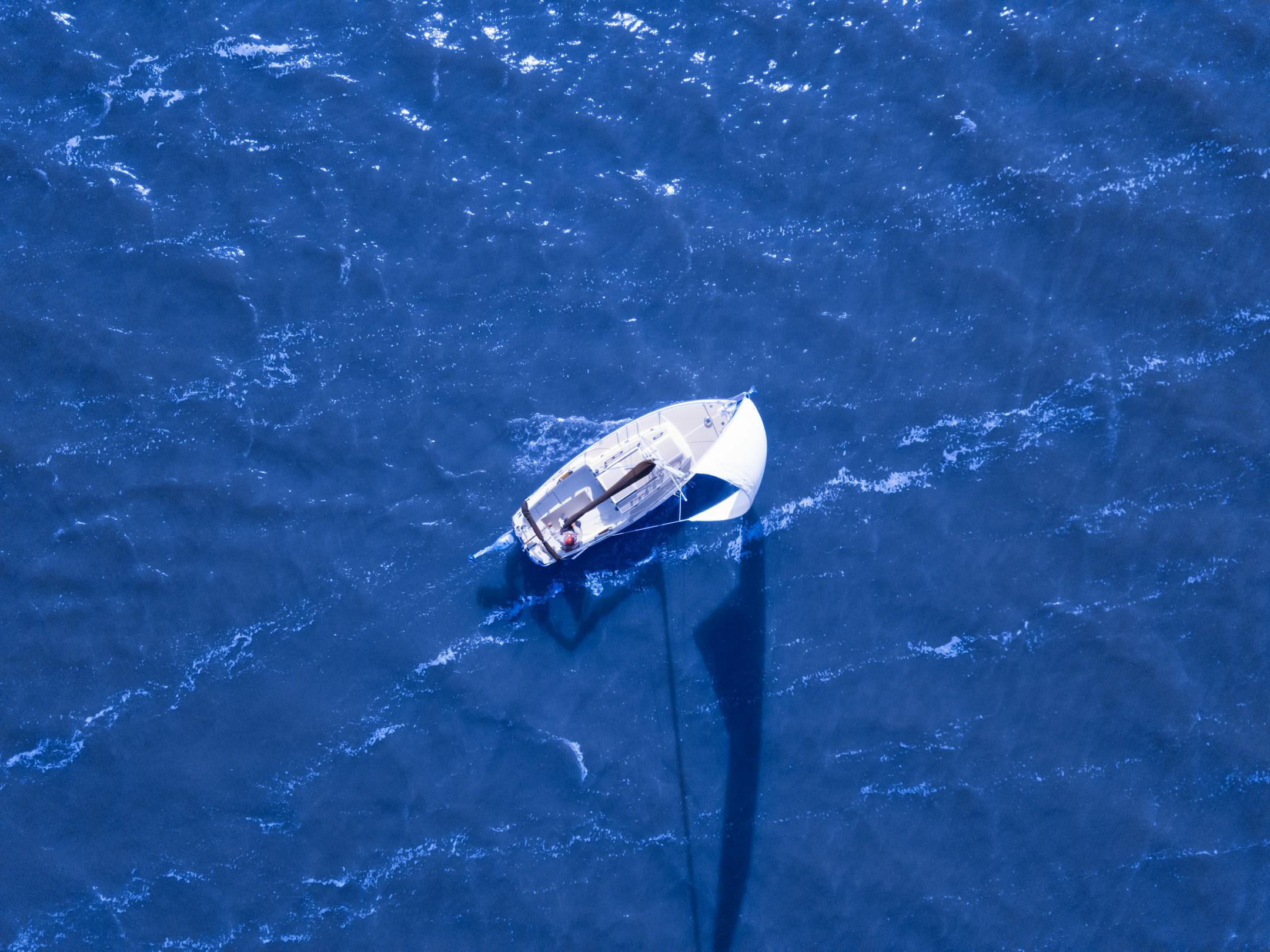Boating is a beloved pastime for many, offering moments of relaxation, adventure, and fun on the water. However, like any other activity, it carries inherent risks. A boating accident can be a traumatic and confusing experience, but knowing what steps to take immediately afterward can make a significant difference in ensuring your safety, protecting your rights, and securing compensation if needed.
In this comprehensive guide, we will discuss the crucial steps you should take following a boating accident. Whether you're an avid boater or someone who occasionally enjoys time on the water, this information is essential for your safety and peace of mind.
1. Ensure Safety and Administer First Aid
The moment a boating accident occurs, your top priority should be safety. Follow these steps immediately:
Assess the Situation
- Check for Injuries: Quickly assess yourself and others on board for injuries. If anyone is seriously injured, administer first aid and call for medical assistance immediately.
- Stay Calm: Panic can exacerbate an already dangerous situation. Take a deep breath and remain as calm as possible to think clearly and act effectively.
Prevent Further Danger
- Wear Life Jackets: Ensure everyone is wearing a life jacket if they aren't already.
- Move to Safety: If the boat is in danger of sinking or is in a hazardous location, move everyone to a safer spot, either on the boat or in the water, depending on the situation.
2. Alert Authorities
Once immediate safety is secured, the next step is to alert the appropriate authorities:
Contact Emergency Services
- Call 911: If there are serious injuries or significant damage, call emergency services right away.
- Notify the Coast Guard: In many areas, the Coast Guard should be notified of boating accidents, especially if there are injuries, fatalities, or significant damage to the vessel.
Provide Essential Information
- Location: Be prepared to provide your exact location, using GPS coordinates if possible.
- Details of the Accident: Briefly describe what happened, the number of people involved, and the nature of any injuries or damage.
3. Document the Accident
Proper documentation is crucial for insurance claims and potential legal actions. Here’s how to effectively document the incident:
Gather Evidence
- Take Photos and Videos: Use your phone or camera to capture pictures and videos of the accident scene, including the vessels involved, visible damages, injuries, and surrounding conditions.
- Write Down Details: As soon as possible, write down everything you remember about the accident. Include details such as the time, weather conditions, and any statements made by other parties involved.
Collect Information
- Exchange Contact Information: Get the names, addresses, phone numbers, and insurance information of all parties involved in the accident.
- Witnesses: If there are any witnesses, request their contact information and ask for their account of what happened.
4. Report the Boating Accident
Most jurisdictions require that boating accidents be reported to the appropriate authorities. Failure to do so can result in fines or other penalties.
Know the Reporting Requirements
- State Regulations: Familiarize yourself with the specific reporting requirements for boating accidents in your state or territory. These regulations often vary, so it’s important to know what’s required.
- Federal Requirements: In the United States, certain boating accidents must be reported to the U.S. Coast Guard. This includes incidents resulting in death, disappearance, significant injury, or substantial property damage.
5. Seek Medical Attention
Even if you feel fine immediately after the accident, it's crucial to seek medical attention. Some injuries may not be immediately apparent but can manifest later.
Visit a Healthcare Professional
- Immediate Examination: Get examined by a healthcare professional as soon as possible after the accident. Documentation of your injuries is important for any potential personal injury claims.
- Follow-Up Care: Adhere to any recommended follow-up treatments or appointments to ensure a full recovery.
6. Contact a Boating Accident Lawyer
Navigating the aftermath of a boating accident can be complex, especially when it comes to legal and insurance matters. Consulting with a boating accident lawyer can help protect your rights and ensure you receive fair compensation.
Benefits of Legal Representation
- Expert Advice: A boating accident lawyer can provide expert advice tailored to your specific situation.
- Negotiation and Representation: They can negotiate with insurance companies on your behalf and represent you in court if necessary.
Finding the Right Lawyer
- Experience: Look for a lawyer with experience in handling boating accident cases.
- Reputation: Check reviews, testimonials, and ask for referrals to find a reputable attorney.
Maxwell Tillman are Your Trusted Boating Accident Lawyers
A boating accident can be a harrowing experience, but knowing what steps to take immediately afterward can make a significant difference in the outcome. Ensuring safety, documenting the accident, reporting it to the appropriate authorities, seeking medical attention, and consulting with a boating accident lawyer are all crucial actions that can help protect your rights and well-being.
Remember, preparation is key. Familiarize yourself with these steps before heading out on the water, and always prioritize safety to minimize the risk of accidents. Safe boating!
By understanding and following these guidelines, you can navigate the aftermath of a boating accident with confidence and ensure the best possible outcome for yourself and others involved.
---
If you or someone you know has been involved in a boating accident, reach out to us at Maxwell Tillman to secure a boating accident lawyer to discuss your case and explore your options. Your safety and rights are paramount.
